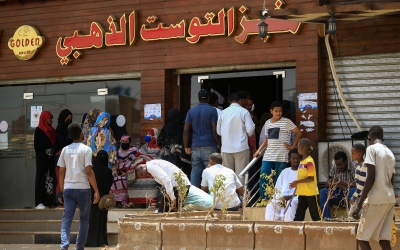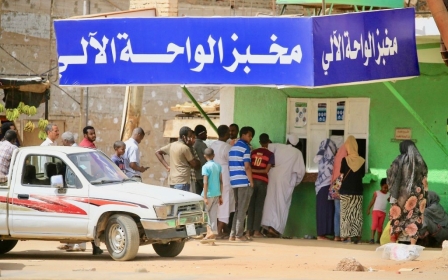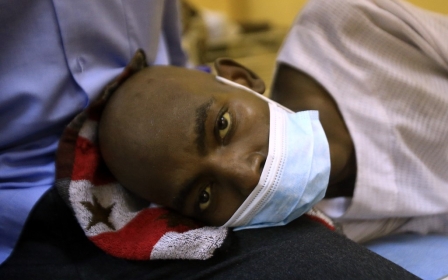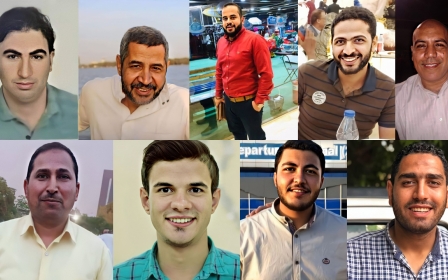Sudan imposes lockdown on Khartoum to slow coronavirus spread
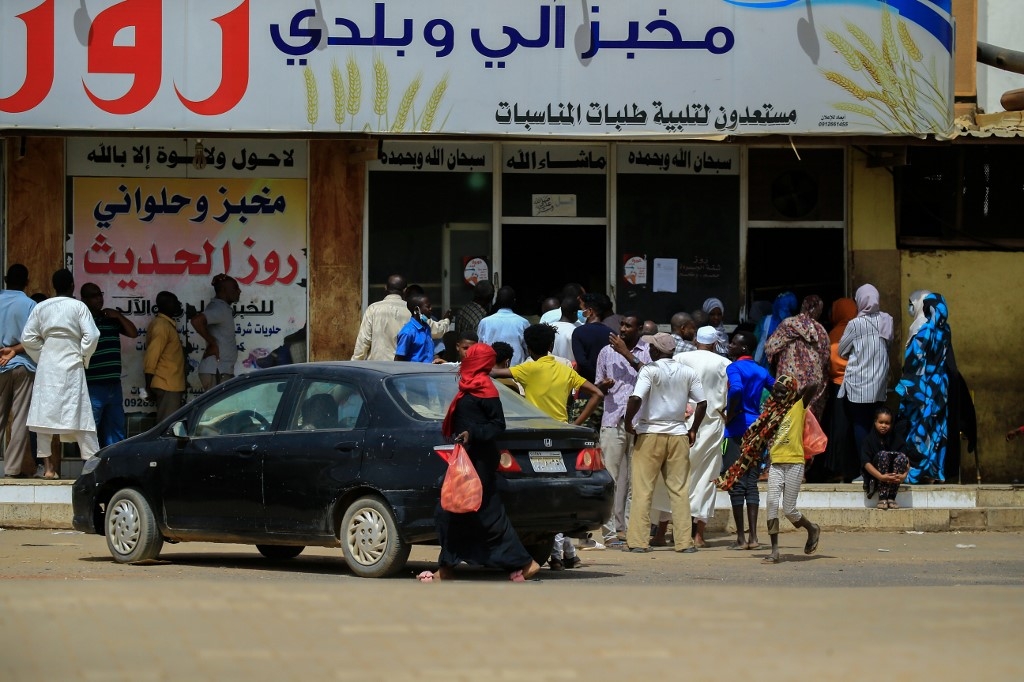
Sudan will impose a lockdown on the State of Khartoum for three weeks starting Saturday, after the number of confirmed coronavirus cases rose by 10 to 29.
Information minister and government spokesman Faisal Salih said in a statement on Monday that the curfew would begin on 18 April and would cover the capital Khartoum and its twin city Omdurman.
Salih said grocery stores and pharmacies would still be open for limited daily hours, which the government has yet to announce.
People would still be allowed limited movement within their neighbourhoods to buy supplies, he added.
'The government is asking people to avoid gatherings to stop spreading coronavirus, but people need to stand for bread and food'
- Bilal Osman, resident of Khartoum
The announcement came after the country's health ministry reported 10 new Covid-19 cases, its biggest daily jump so far, bringing the total number of infections to 29. The death toll stands at four.
New MEE newsletter: Jerusalem Dispatch
Sign up to get the latest insights and analysis on Israel-Palestine, alongside Turkey Unpacked and other MEE newsletters
However, due to a global lack of testing equipment, the actual number could be far higher.
All reported cases but one were in Khartoum state, the country's most populous area, according to health minister Akram Ali al-Tom.
"After the latest rise, we have now reached the stage of community spread... which is the beginning of a slide towards a wider outbreak of the disease," al-Tom said.
He added that the country's ailing health system was suffering shortages of medicine and medical supplies.
How they can bear this?
Sudan declared a state of emergency last month and shuttered all schools and universities, and almost totally closed its borders.
Despite attempts by the government to get people to remain indoors and practise social distancing, queues for bread and other essentials are commonplace in Sudan.
Markets have remained open, and price hikes and the limited availability of staples like bread have exacerbated the situation.
"The government is asking people to avoid gatherings to stop spreading coronavirus, but people need to stand for bread and food," Bilal Osman, a resident of Khartoum told Middle East Eye this week.
In Omdurman, continuous electricity and water cuts have been preventing social distancing and the other precautions against the coronavirus, Mahmoud Abu Tali, a resident of the twin city, told MEE.
"How come the government wants us to 'stay at home' while there is no power and water? The weather is too hot and we need to clean ourselves and wash our hands," he said.
"We have children and elderly people. How they can bear this?"
Middle East Eye delivers independent and unrivalled coverage and analysis of the Middle East, North Africa and beyond. To learn more about republishing this content and the associated fees, please fill out this form. More about MEE can be found here.


